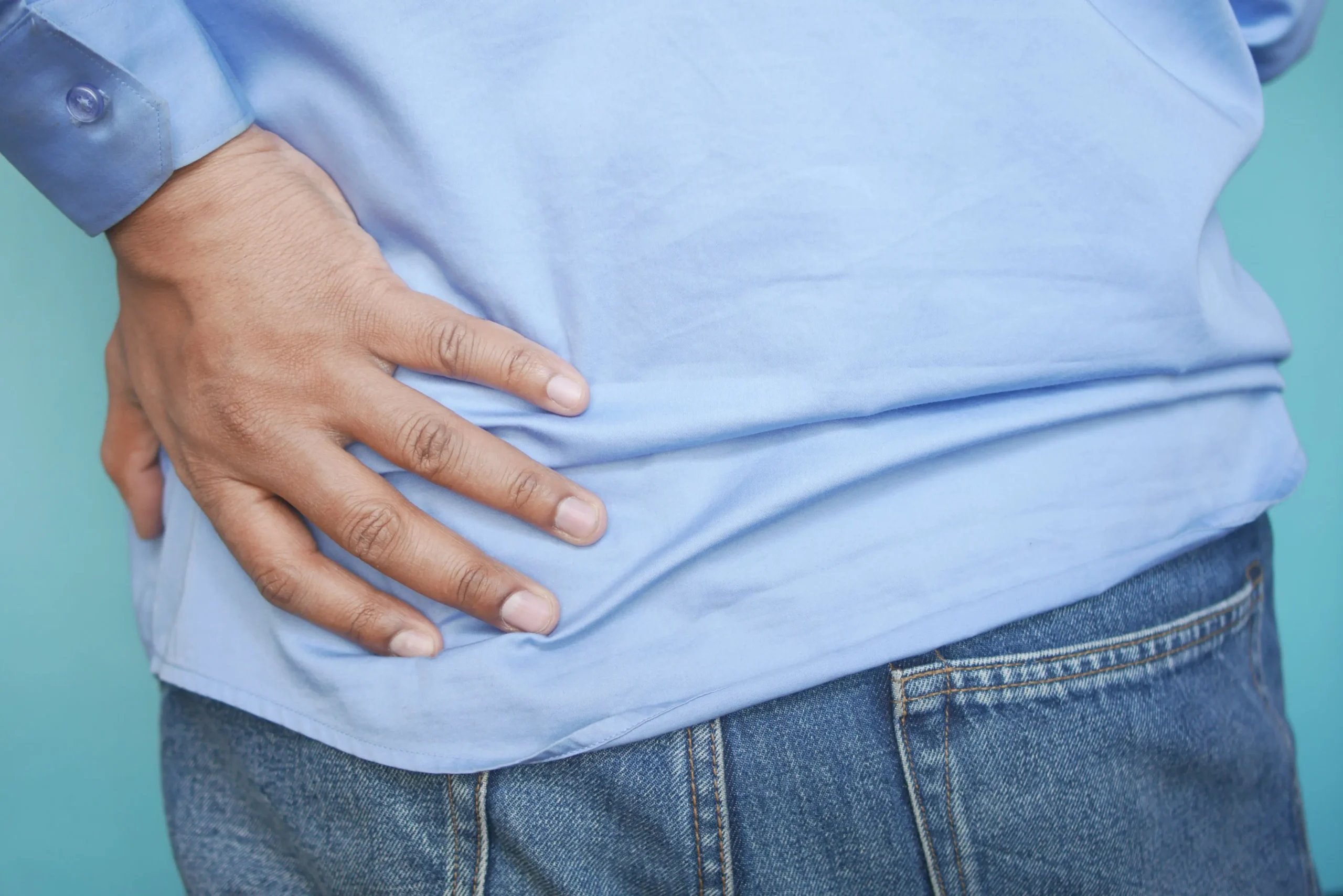Understanding and Treating Hip Pain: Your Comprehensive Guide to Effective Hip Pain Treatment
Are you tired of enduring chronic hip pain that limits your mobility and diminishes your quality of life? Look no further! Our state-of-the-art center in Clifton, NJ specializes in providing tailored hip pain treatment that is second to none. Our dedicated team of highly experienced medical professionals is committed to helping you regain mobility and enjoy a life free from pain.
Imagine the freedom of walking, running, or playing sports without any discomfort or limitations. With our advanced treatment techniques and personalized care, we can effectively alleviate your hip pain, ensuring a seamless return to your everyday activities with confidence and ease.
Don’t let hip pain dictate your life any longer. Start your journey towards a pain-free life today by calling us at (973) 798-1787 to schedule an appointment. Let’s collaborate to achieve your health goals and restore your overall well-being. You deserve to live life to the fullest, liberated from the constraints of hip pain.
What are the common causes of hip pain?
Hip pain is a complex phenomenon with a myriad of potential causes, each demanding a nuanced understanding. Let’s delve deeper into the various factors that could be responsible for the discomfort you may be experiencing:
1. Osteoarthritis: This degenerative joint disease occurs when the protective cartilage that cushions the ends of your bones wears down over time. The resulting friction and lack of cushioning can lead to hip pain.
2. Rheumatoid Arthritis: An autoimmune disorder where the immune system mistakenly attacks the synovium—the lining of the membranes that surround the joints. This can cause inflammation, pain, and eventually joint deformity, affecting the hips.
3. Bursitis: Inflammation of the bursae, small fluid-filled sacs that cushion the bones, tendons, and muscles near joints. When the bursae become inflamed, usually due to repetitive activities or pressure, hip pain can ensue.
4. Tendinitis: Inflammation of the tendons, which are thick cords that attach muscles to bone. Overuse or sudden injuries can lead to tendinitis, resulting in hip pain and reduced mobility.
5. Muscle Strains: Overexertion, sudden movements, or inadequate warm-up before exercise can cause strains in the muscles surrounding the hip joint. This can manifest as pain and discomfort.
6. Hip Fractures: Commonly associated with falls or trauma, hip fractures are particularly prevalent among the elderly. Fractures can cause severe pain and require immediate medical attention.
Identifying the specific cause of your hip pain is pivotal in crafting an effective and targeted hip pain treatment plan. Consulting with a healthcare professional for a thorough evaluation and diagnosis is the first crucial step toward finding relief. Remember, the road to recovery begins with understanding the intricacies of your unique condition.
How can one relieve hip pain at home?
While seeking professional advice is important, there are home remedies that can offer relief. Rest, applying ice or heat, and over-the-counter pain medications can help manage mild to moderate pain. Additionally, gentle exercises that focus on hip mobility and strength may contribute to recovery.
When should I seek medical attention for hip pain?
Prompt medical attention is imperative when grappling with persistent or intense hip pain. If your discomfort is accompanied by swelling, redness, or a noticeable warmth around the hip joint, it may signify an underlying inflammatory or infectious condition.
These signs warrant swift professional evaluation. Additionally, in the case of sudden injuries or accidents causing hip pain, seeking immediate medical attention is crucial. Timely intervention ensures a comprehensive understanding of your condition and facilitates the most effective course of action for a speedy recovery.
What role does exercise play in hip pain treatment?
Exercise stands as a pivotal cornerstone for both managing and preventing hip pain. Embracing low-impact activities like swimming and cycling, coupled with targeted hip-strengthening exercises, fosters enhanced flexibility and effective pain alleviation.
Collaborating with a skilled physiotherapist ensures the formulation of a meticulously tailored exercise program, addressing individual needs and intricacies. This holistic approach to exercise empowers individuals to not only manage existing hip pain but also fortify their musculoskeletal resilience for enduring hip pain treatment.
Are there non-surgical treatments for hip pain?
Indeed, a spectrum of non-surgical avenues offers hope for hip pain relief. Temporary relief from inflammation can be achieved through corticosteroid injections, while joint supplements contribute to sustained joint health.
Embracing lifestyle modifications, such as mindful weight management, emerges as a pivotal factor in long-term pain management. These multifaceted approaches underscore the diverse strategies available, allowing individuals to navigate their unique paths toward hip pain alleviation and improved well-being.
Can diet impact hip pain?
Undoubtedly, diet plays a profound role in influencing hip health. A nourishing, anti-inflammatory diet, abundant in omega-3 fatty acids from fish and antioxidants in fruits and vegetables, holds the potential to mitigate inflammation associated with hip pain. Seeking personalized dietary advice from a nutritionist ensures a nuanced approach, considering individual needs and further unlocking the transformative power of dietary choices in fostering optimal joint well-being.
What are the surgical options for hip pain?
In instances where conservative approaches fall short, surgical intervention becomes a crucial consideration. Among the array of options, procedures like arthroscopy, hip resurfacing, and total hip replacement are prominent. The choice hinges on nuanced factors—the severity of the condition, the patient’s age, and overall health.
A pivotal step involves consulting with an adept orthopedic surgeon for a comprehensive evaluation, ensuring an informed decision tailored to the individual’s unique circumstances and optimizing the path to hip pain resolution.
How can one prevent hip pain in the long term?
Prevention is key to maintaining optimal hip health. Regular exercise that includes both cardiovascular and strength training, maintaining a healthy weight, and practicing good posture are essential. Avoiding overuse or strain on the hips during activities, especially for athletes or those with physically demanding jobs, can significantly reduce the risk of hip pain.
Conclusion: Taking Control of Your Hip Health
In the journey to understanding and treating hip pain, empowerment, and informed decisions are paramount. By exploring the diverse causes and treatment options outlined in this guide, you’ve taken a significant step towards regaining control over your hip health.
Remember, seeking professional advice is crucial for accurate diagnosis and personalized treatment plans. Whether you’re experiencing persistent lower back pain or neck pain, considering surgical options, or aiming for long-term prevention, healthcare professionals are here to guide you.
If you have further questions or would like to schedule a consultation, don’t hesitate to reach out to us at (973) 798-1787. Our dedicated team is ready to assist you on your path to a pain-free and mobile life.

